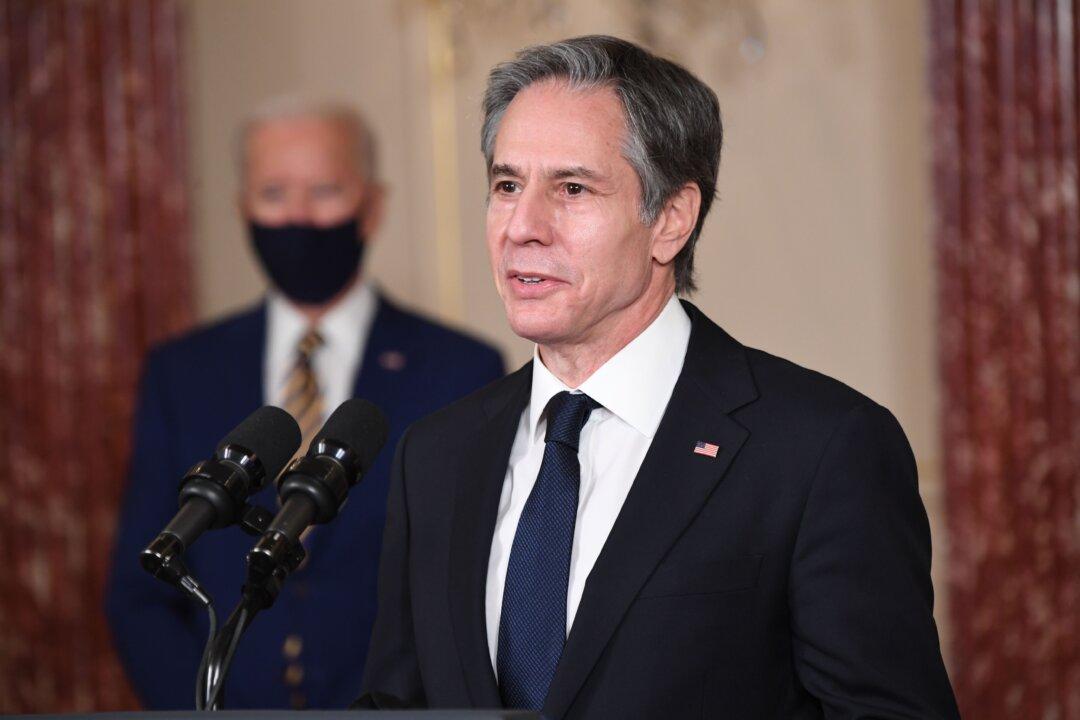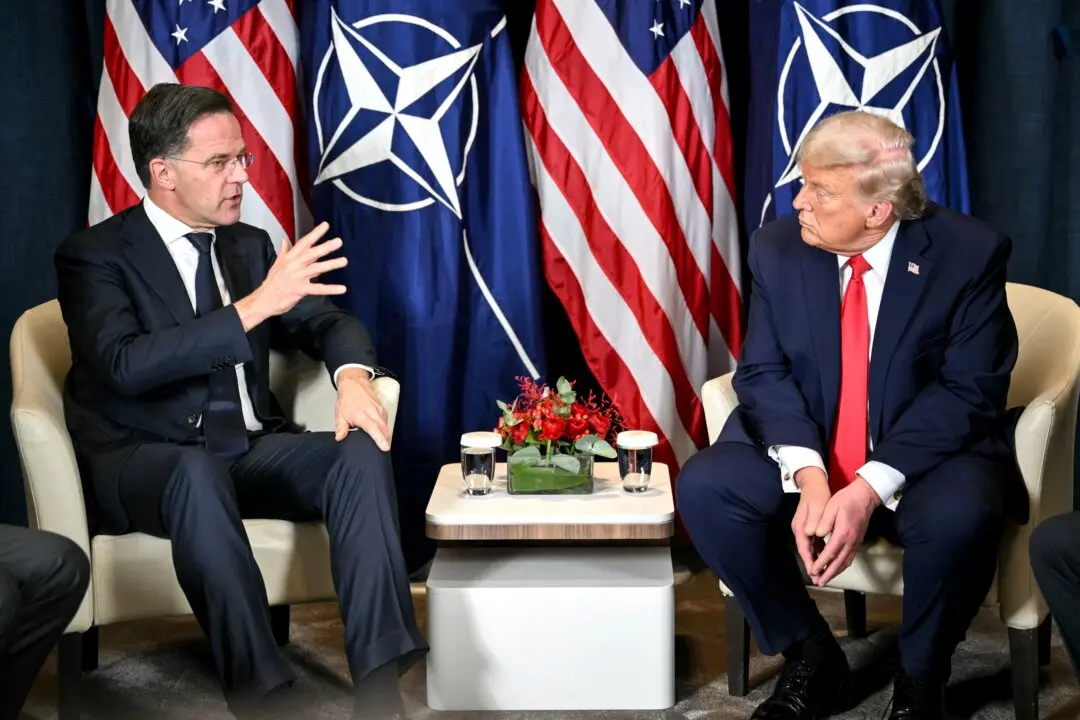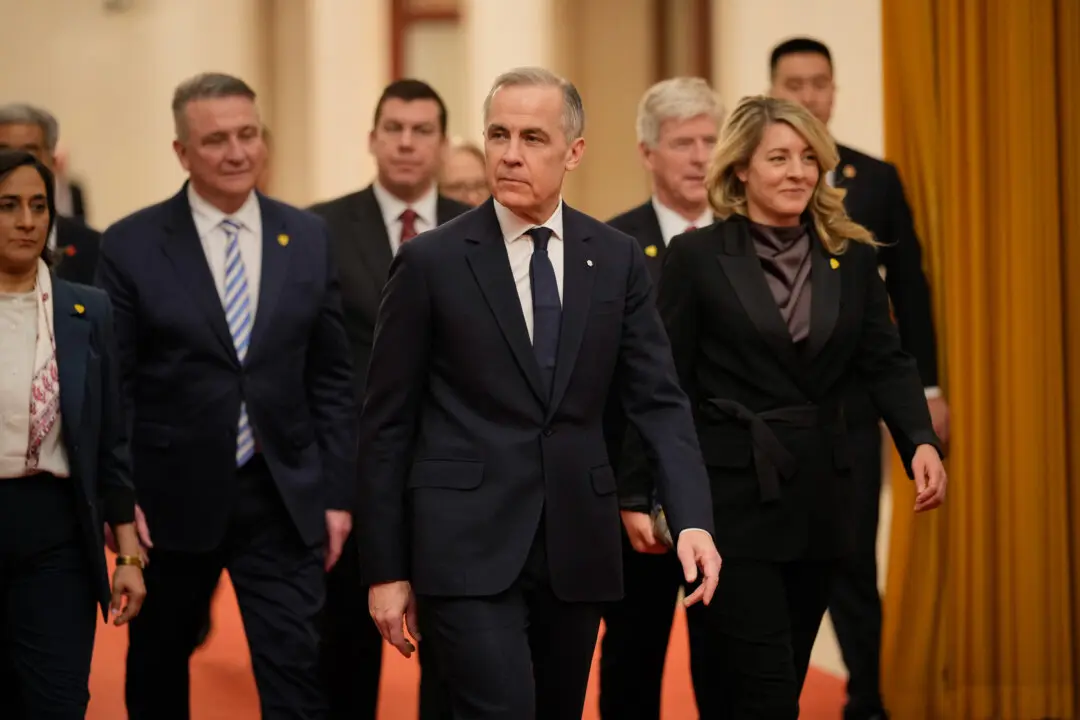Commentary
After little over month in office it remains a mystery whether the president and his senior collaborators are earnestly baring their innermost thoughts about the foreign and strategic policy the new administration intends to pursue, or are pursuing the authentic interests of the United States, while taking advantage of the abrasions caused by the previous administration to try to put a more conciliatory facade on a policy that is only marginally different.





